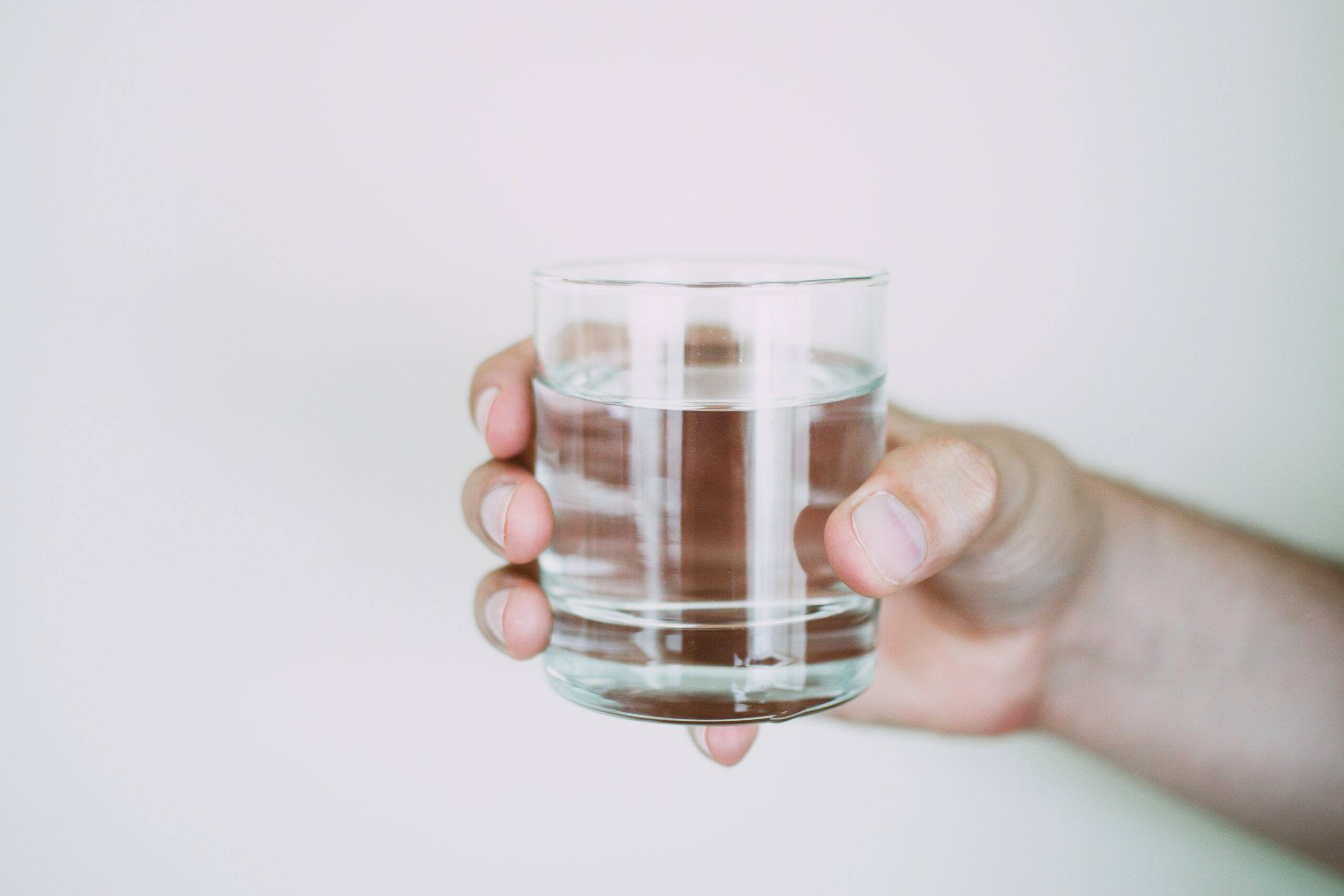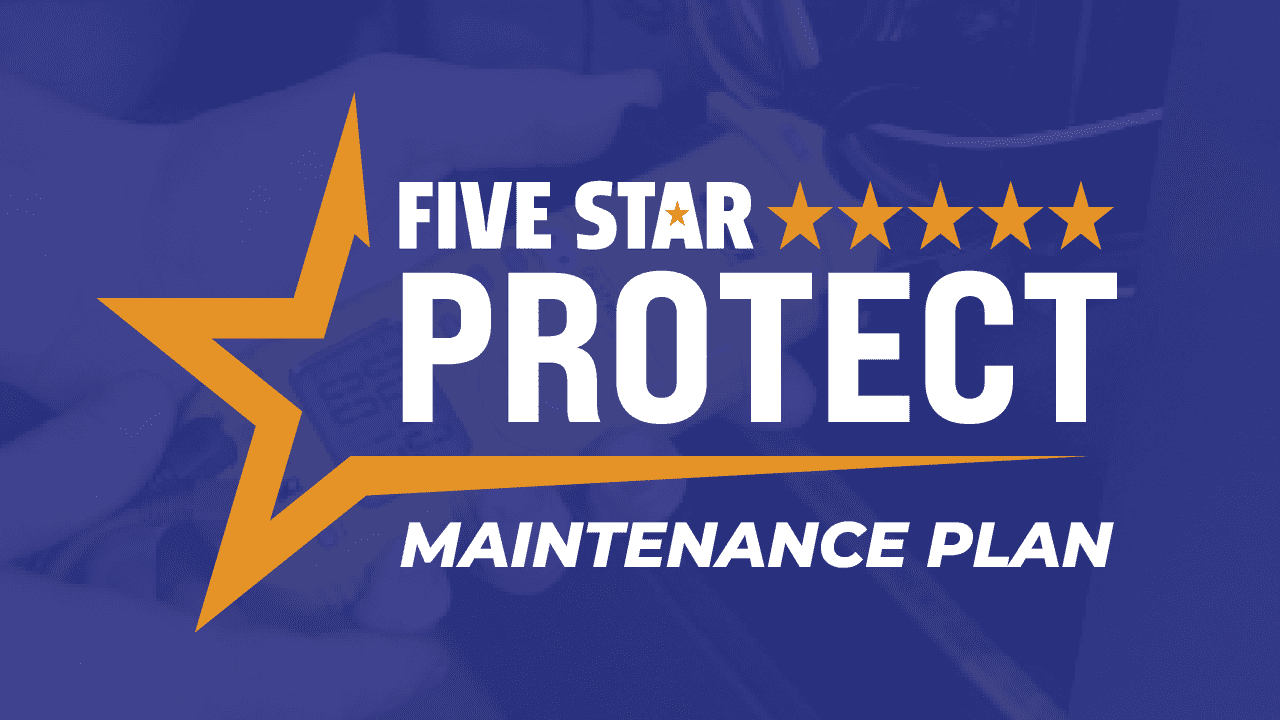The water that you use and consume in your home needs to be safe. You want to care for and protect your family, and water that is not up to high quality standards could make your family very ill, or worse.
We at Narrow Path Plumbing are not trying to alarm you. Not everyone needs their water tested, but it is a good idea for some people to test home water quality. The information we have here should help you learn more about home water testing and whether or not it is something you need to do.
Do You Need to Test Your Water?
If you have well water, you may want to test your water supply regularly on an annual schedule. Not all tests will need to be done every year. If you have a well somewhat near your septic system, a new well, or recently repaired or replaced pipes, pumps, or a well casing, you should test more often. It is also a good idea to test if there is a new baby in your home or someone is expecting or nursing.
For the most part, however, if you get your home from a municipal water supply, you may not have to test your water. The water is already regularly tested and closely monitored; if something was found, you would have been notified. If you think that you may have lead in your pipes or other potentially toxic plumbing materials in your home, you may want to test. What are signs of a problem?
There are certain signs that your water may have issues. If you and your loved ones are getting ill, that is a serious indicator that you should test your water. Otherwise, unusual odors or tastes may mean that you should have your water tested. Water that isn’t clear or stains your fixtures or clothing is another sign.
Other signs of issues include residues left on your fixtures, soaps and shampoos not lathering, cloudy water, pipe corrosion, and more. Not all of these issues necessarily indicate that there is a problem that will make you sick, but excessively hard water or a pH imbalance could end up costing you money over time due to plumbing issues they cause.
What to Do?
If you need to get your water tested, or just want to do it to be on the safe side, you have options. There are plenty of kits available to test for any potential water issue. These are do-it-yourself kits that are usually very easy to use.
Additionally, you could consider calling in a professional to test your water for you. This will be more costly, but it may be more thorough than anything you can do with a kit you buy at a hardware store or order online.
As mentioned, not everyone needs to test their water, but as outlined above, there are certain times when you need to do it or should do it. Also, if you are uncertain, you may want to test your water anyway. Testing your water is a good way to help ensure your family’s health and protect your plumbing system.





